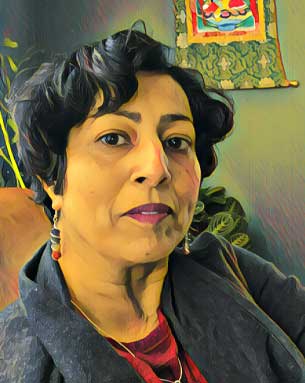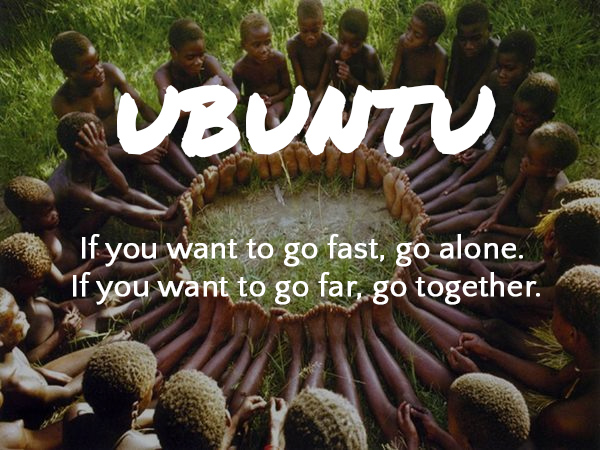
It seems ironic that the very therapeutic universality and sense of not being alone that counseling can bring, is the source of the fear of infection that makes people be and feel alone. “Social Distancing” is the term that has been adopted for the short term method for dealing with fears of the COVID-19 outbreak, and what it seems to produce is anxiety that cannot be eased by the intimacy of human relationship.
But is that really true? In this age of news and events going “viral” with our instant connectivity and the global reach of social media, the pandemic underlines even more how closely connected our world is. The six degrees of separation have imperceptibly shortened while we weren’t paying attention, swept along by the floods of information and ways to stay connected to the world at large. It seems that far from being an obstacle or even a vector for disease, groups are more important than ever. It is our group identities that give us comfort now: far flung families keeping touch with their members; social groups checking in on each other and sharing information; groups based on roles such as teachers, nurses or police who share a common set of responsibilities to society that brings them to a shared identity; groups with commonalities of experience such as immigrants, Sanders supporters, millennials, or counselors sharing their woes. Online groups are a powerful vehicle to communicate and connect, and in a world broken up by material quarantines, might be able to bring us together.
So, what is the role of counselors here, if we are to whirl about as discrete objects in orbits that never cross paths? Perhaps we can think creatively about how we can use these experiences thoughtfully and intentionally to allay anxiety, build community, and promote healing. We can start in socially distant ways to be both physically remote while staying emotionally attached.
I think about a concept from a culture different from mine that nevertheless resonates for me: “Ubuntu” a Nguni Bantu word often used to signify “humanity” and a part of the Zulu phrase “Umuntu ngumuntu ngabantu” literally translating as ‘a person is a person through other people’, which was used to convey the spirit of oneness in struggle by leaders such as Nelson Mandela and Bishop Desmond Tutu. I think of the meme represented here and its applicability in both senses in the face of this epidemic: we literally have to move fast and do it together to go the distance we will have to travel safely.

Perhaps we can use a space to discuss what you all are doing and feeling as counselors in training in the midst of this. I’m anxious about the vulnerability of loved ones and a bit overwhelmed in terms of thinking about students, colleagues, clients and their needs, but I’m hanging in there. What about you?
Devika Dibya Choudhuri, 2020-2021 ASGW President
